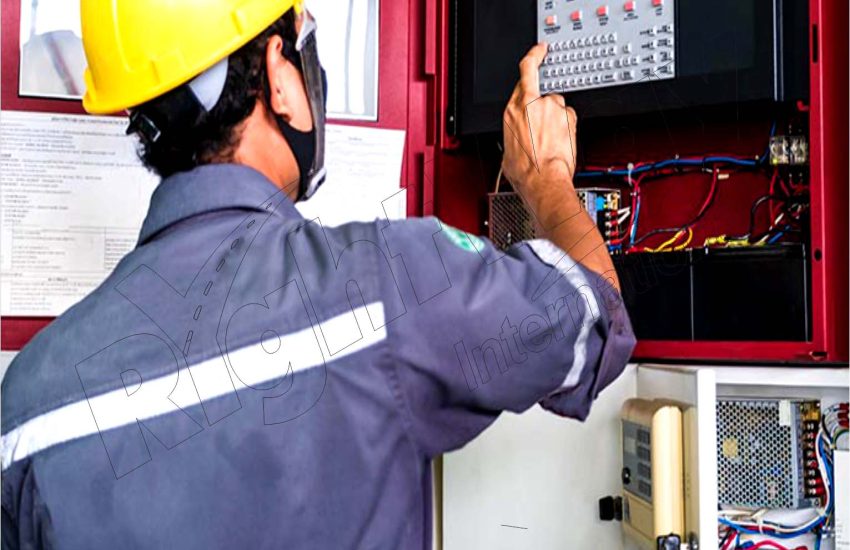Alarm System Inspection In an age where home security is more important than ever, alarm systems serve as the first line of defense against intrusions, fires, and other emergencies. However, even the most advanced alarm system won’t protect your home if it’s not functioning properly. That’s why routine alarm system inspections are not just a recommendation—they’re a critical part of maintaining your home’s safety.
🛡️ Why Regular Inspections Are Essential
1. Ensures System Reliability
Over time, alarm components like sensors, control panels, and batteries can wear out or malfunction. Without regular checks, these issues can go unnoticed until the system fails during an emergency. Scheduled inspections allow technicians to spot and fix potential problems—such as low battery levels, sensor misfires, or loose wiring—before they compromise system performance.
2. Prevents Security Failures
A faulty alarm system can create a false sense of security. If a motion sensor fails or a door contact doesn’t trigger, unauthorized access might go undetected. During inspections, professionals thoroughly test each component to ensure full functionality, giving you peace of mind that your home is truly protected.
3. Maintains Insurance Compliance
Many insurance providers and local safety codes require periodic inspections of home alarm systems. Regular maintenance ensures you stay compliant and may even help you qualify for discounts. On the other hand, skipping inspections could result in coverage issues or increased premiums if a claim arises.
4. Keeps Your System Up to Date
Alarm technology evolves quickly. During an inspection, technicians might suggest upgrades to take advantage of newer features, such as better integration with smart home devices, enhanced sensors, or secure mobile access. Staying current helps maximize both protection and convenience.
🔧 What to Expect During an Alarm System Inspection
To keep your system working at its best, certified technicians follow a detailed inspection process.
1. Full System Check
The inspection begins with a comprehensive evaluation of your alarm system. This includes testing keypads, sensors, cameras, smoke detectors, and control panels. Technicians simulate common triggers to confirm that the system responds as expected, ensuring both audible and silent alarms activate properly.
2. Battery and Power Supply Testing
A reliable backup power source is essential during outages. Inspectors check all batteries—both in the control unit and individual sensors—to verify they’re holding a proper charge. They’ll also assess the system’s main power connection and wiring integrity to catch any potential failures early.
3. Software and Firmware Updates
Modern alarm systems often depend on digital software. Technicians check for firmware updates or patches to keep your system secure and compatible with your devices. Running the latest version helps protect your network from vulnerabilities and adds new features.
4. System Calibration and Performance Tests
After repairs and updates, inspectors test the system under real-life scenarios. They may simulate break-ins, fire alerts, or tampering attempts to verify that alarms trigger correctly and notifications are sent. Calibration of motion detectors or camera lenses is also done to ensure peak performance.
5. Final Report and Expert Recommendations
Once the inspection is complete, you’ll receive a detailed report that outlines system status, repairs made, and suggestions for improvements. Addressing any recommendations ensures your system remains compliant, efficient, and fully protective.
📝 Conclusion: Don’t Wait—Inspect Regularly
Alarm systems only work when every part functions properly. Routine inspections allow you to:
- Catch failures before they become risks
- Stay compliant with insurance and legal requirements
- Leverage the latest security features
- Maximize protection for your home and family
By committing to regular alarm system inspections, you safeguard more than your property—you protect your peace of mind. Don’t wait for an emergency to find out your system isn’t working. Schedule your inspection today to ensure your home remains secure.


